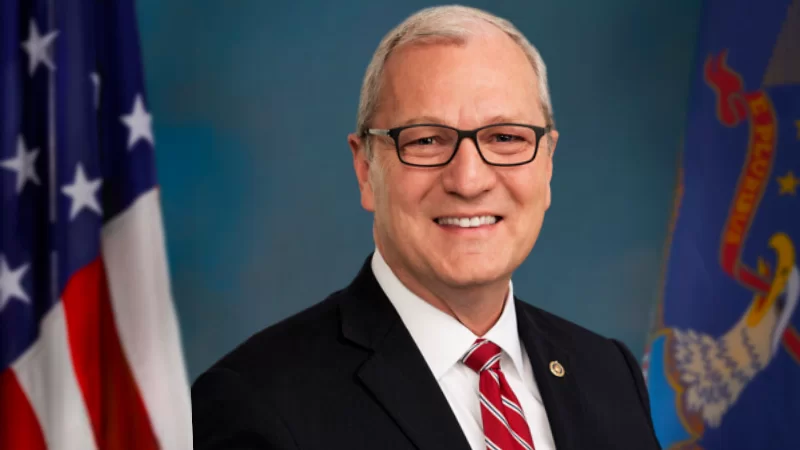Senator Kevin Cramer, US Senator for North Dakota | Senator Kevin Cramer Official website
Senator Kevin Cramer, US Senator for North Dakota | Senator Kevin Cramer Official website
U.S. Senator Kevin Cramer (R-ND) has joined forces with U.S. Senators Mike Lee (R-UT) and Dick Durbin (D-IL) in cosponsoring the Security and Freedom Enhancement Act of 2024 (SAFE Act) to address concerns regarding Section 702 of the Foreign Intelligence Surveillance Act (FISA).
Cramer emphasized the need to protect Americans' Fourth Amendment rights in light of the abuses seen in Section 702. He stated, “Section 702 of the Foreign Intelligence Surveillance Act has been abused and any reauthorization demands we protect Americans' Fourth Amendment rights. The program needs guardrails to protect Americans from an ever-intrusive and all too often corrupt federal government, especially the DOJ. By reinforcing these protections, we uphold our sacred duty to preserve national security and every American's fundamental rights.”
The SAFE Act not only aims to extend Section 702 of FISA through December 31, 2027 but also proposes significant reforms to safeguard the civil liberties of Americans. Some of the key reforms outlined in the bill include requiring intelligence agencies to obtain a FISA Title I order or a warrant before accessing Americans’ communications collected under Section 702, closing the "data broker loophole," bolstering the role of amici curiae in evaluating arguments presented by the Department of Justice, and adopting provisions to increase accountability and oversight.
These reforms are crucial in ensuring that Section 702 of FISA is used appropriately and that the privacy and rights of Americans are protected. The bill seeks to address concerns raised by the warrantless surveillance of suspected foreign terrorists abroad, which often results in the inadvertent collection of Americans' communications.
With Section 702 of FISA set to expire on April 19, 2024, the bipartisan efforts led by Senator Cramer and his colleagues highlight the importance of balancing national security needs with the protection of individual rights. The proposed reforms in the SAFE Act represent a significant step towards achieving this balance and ensuring that surveillance activities are conducted within the boundaries of the law.






 Alerts Sign-up
Alerts Sign-up